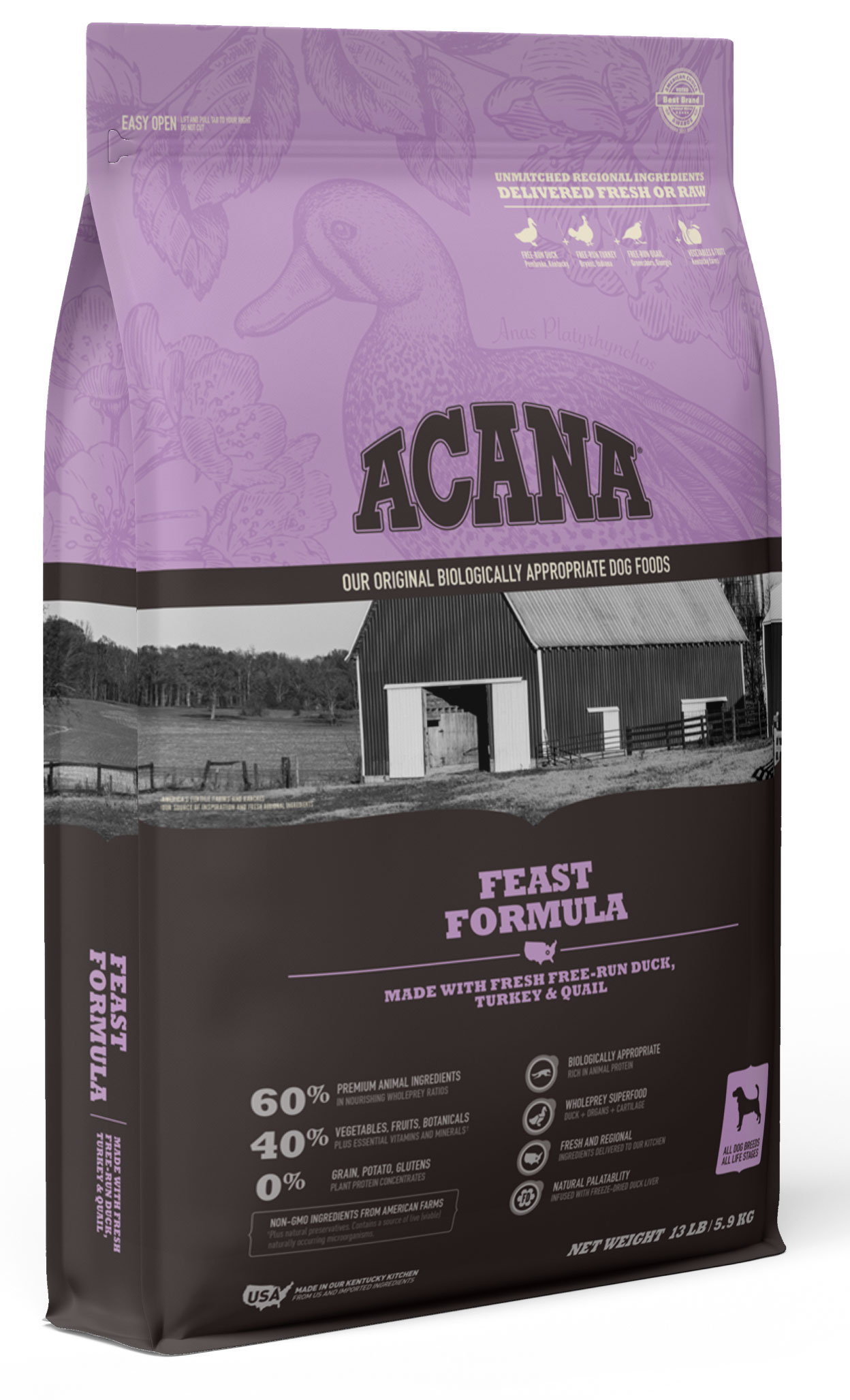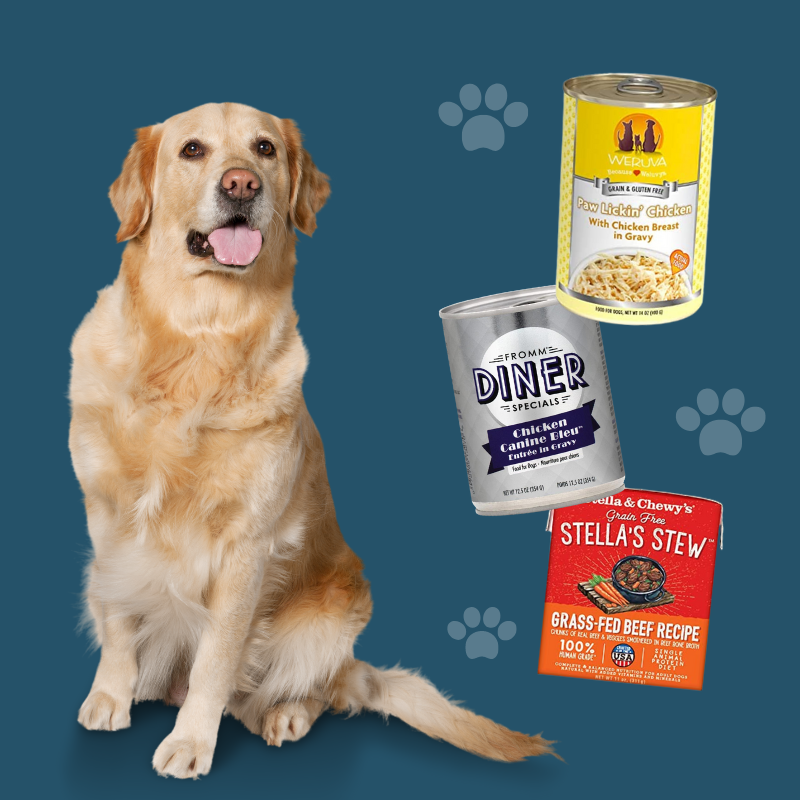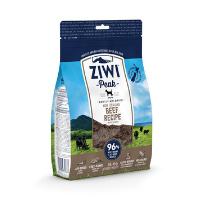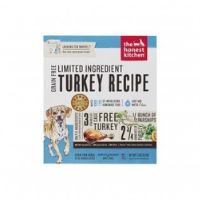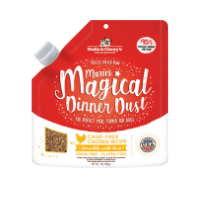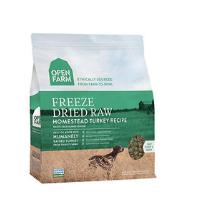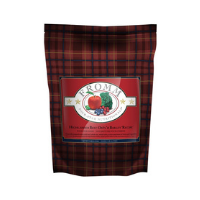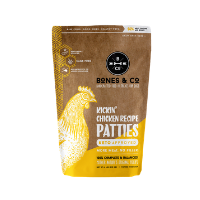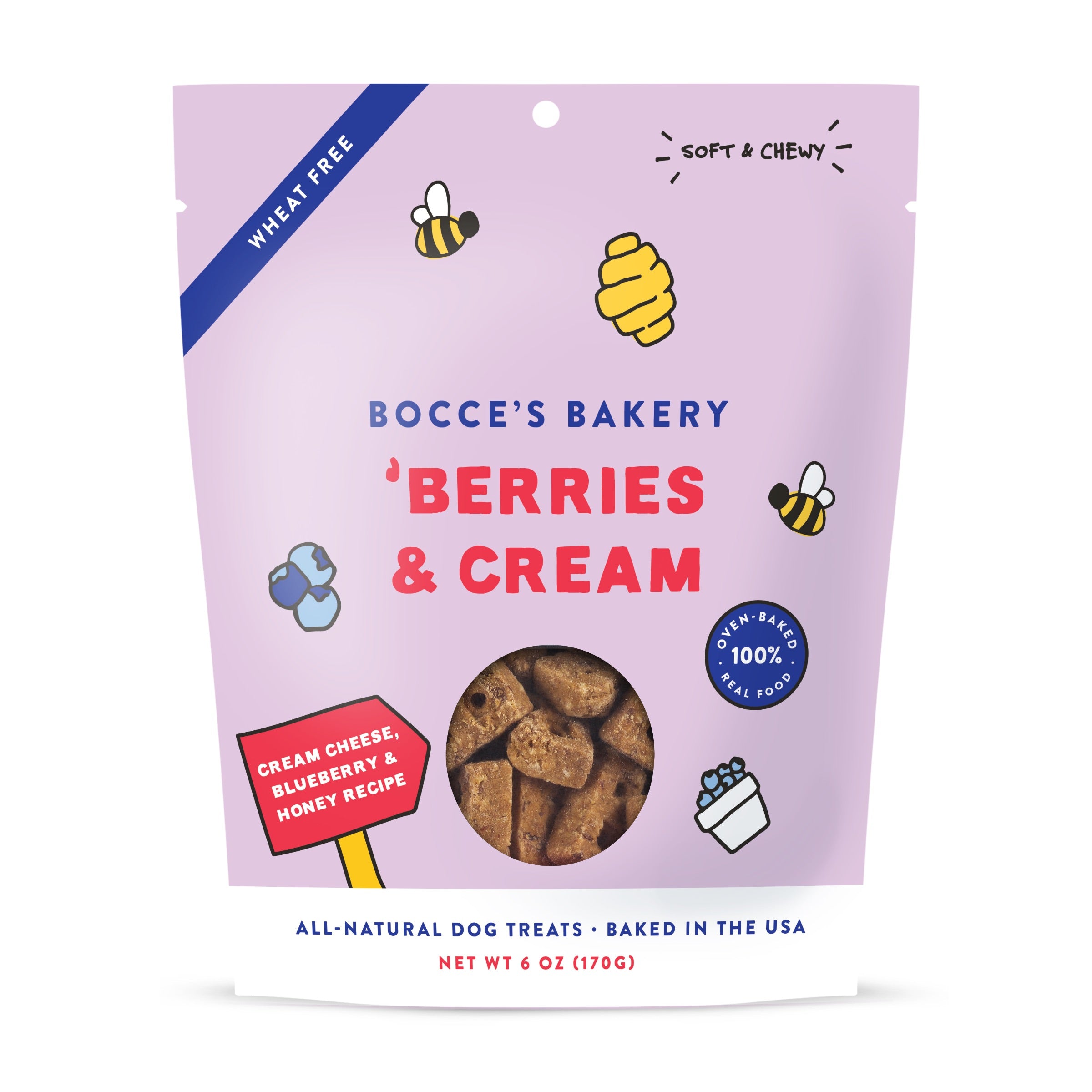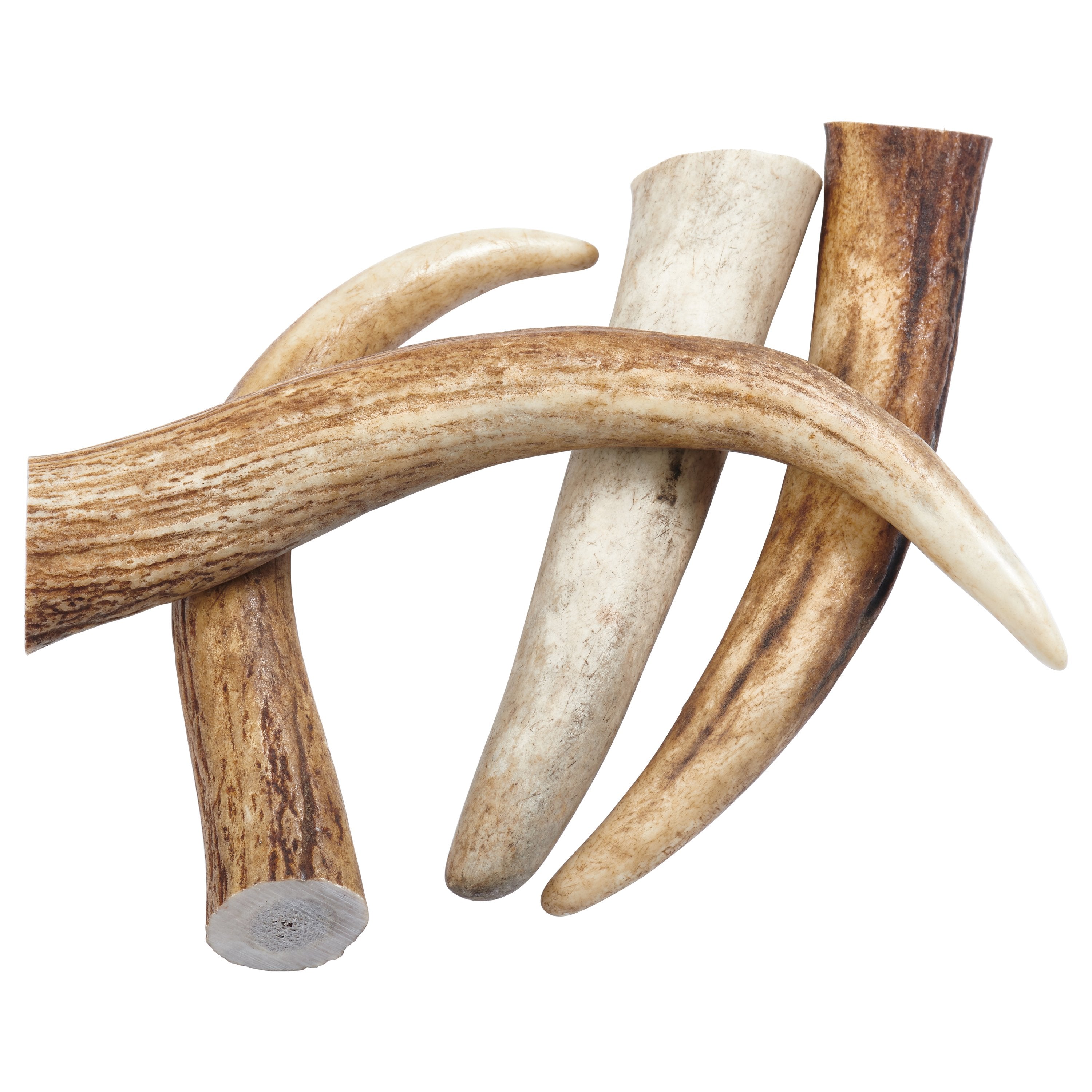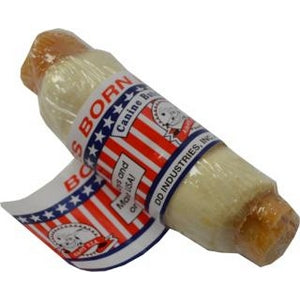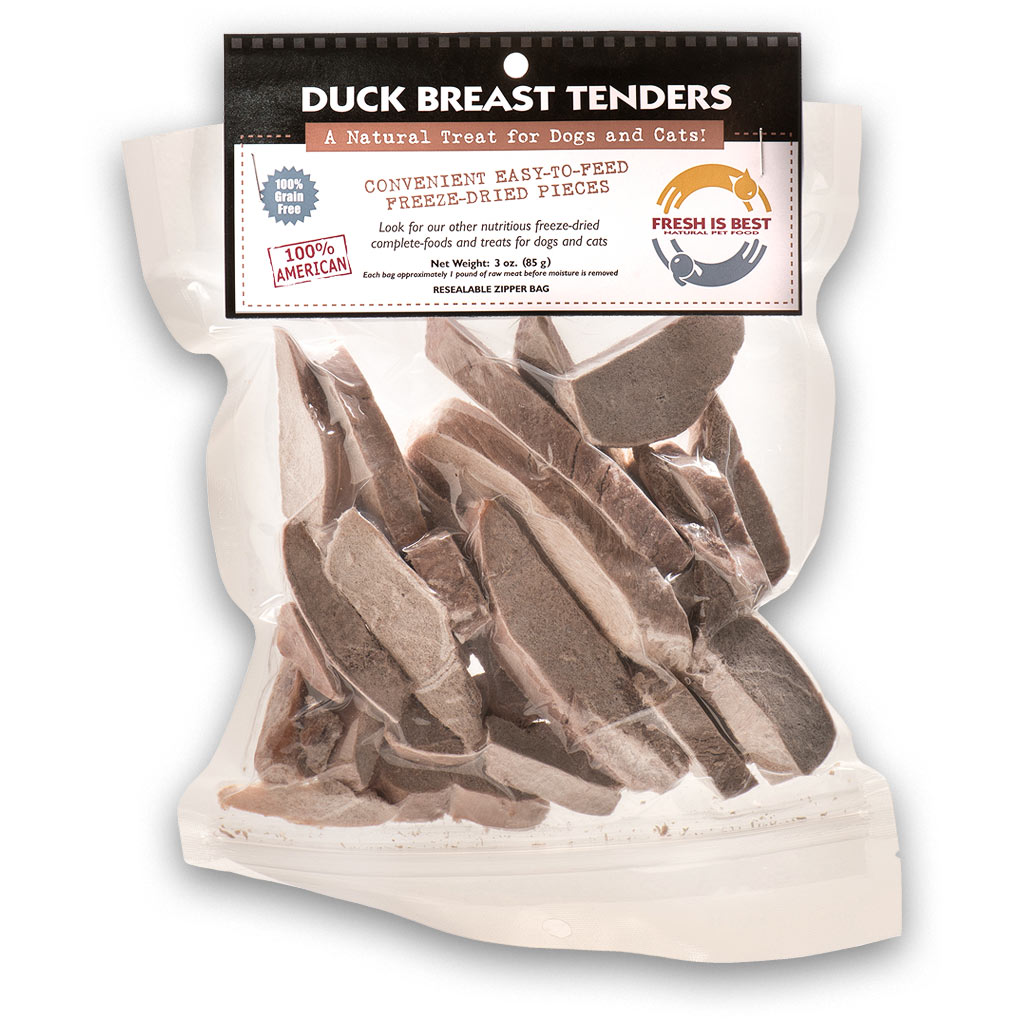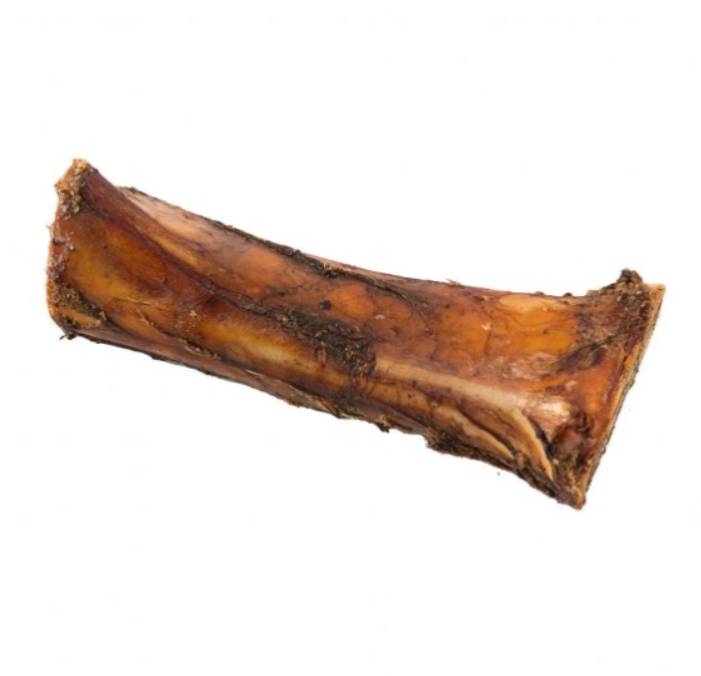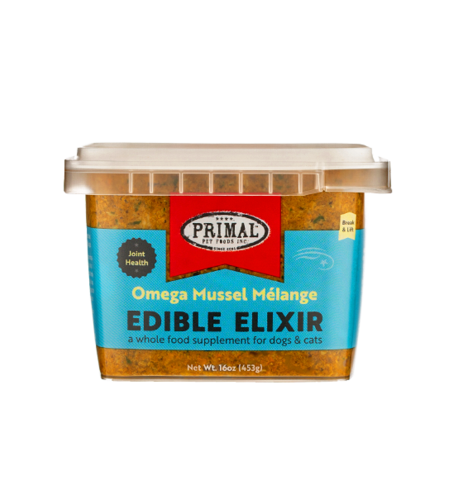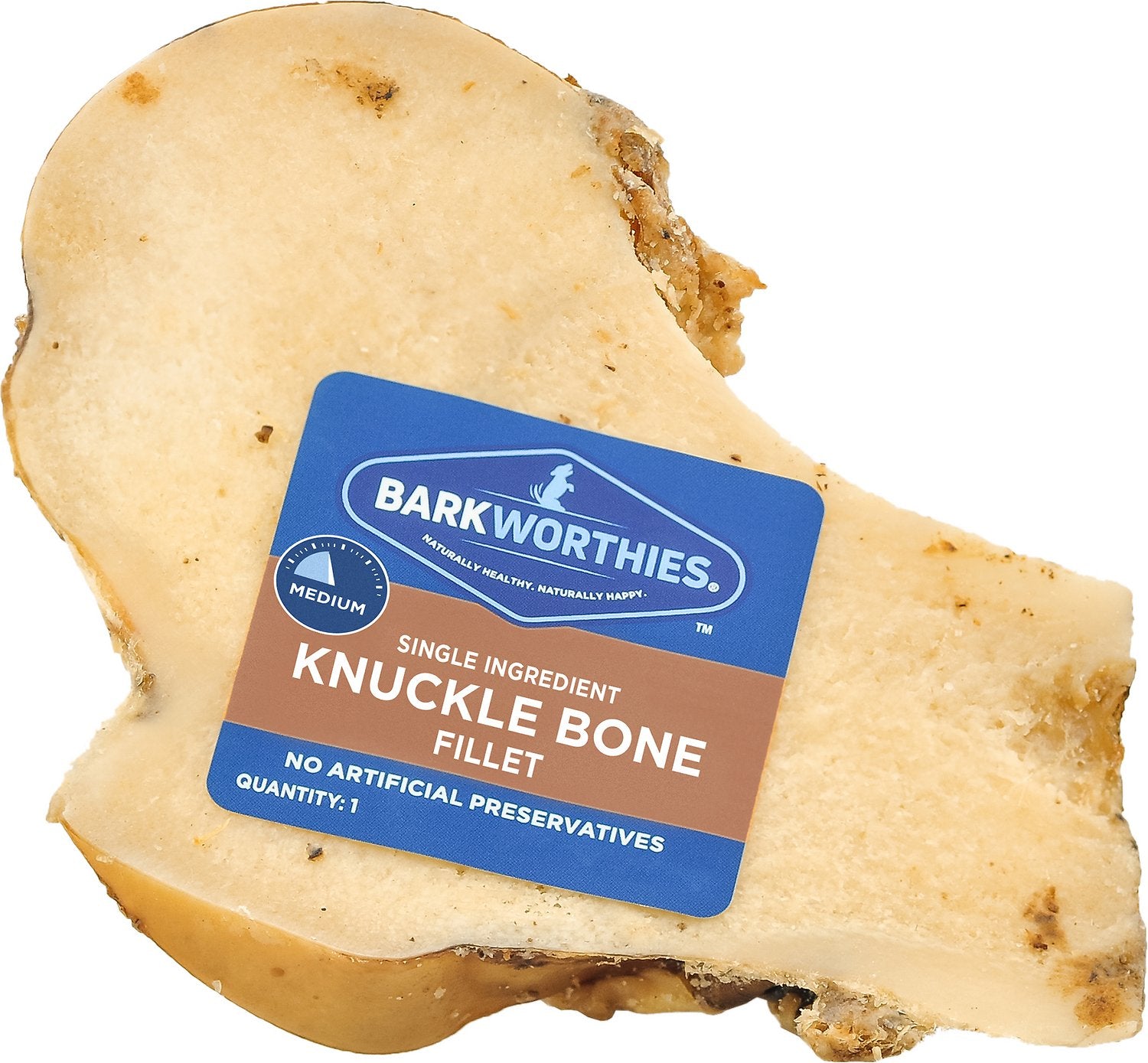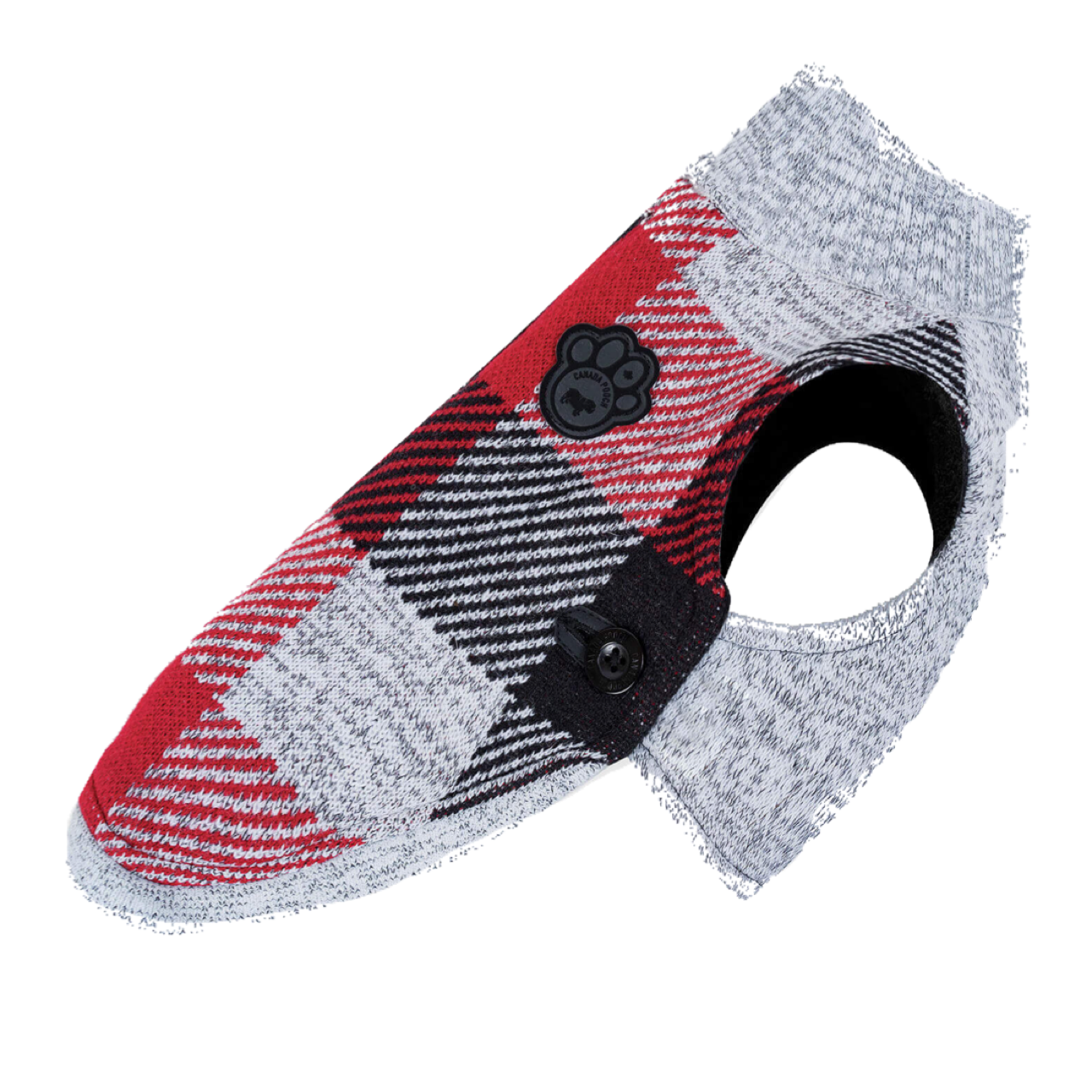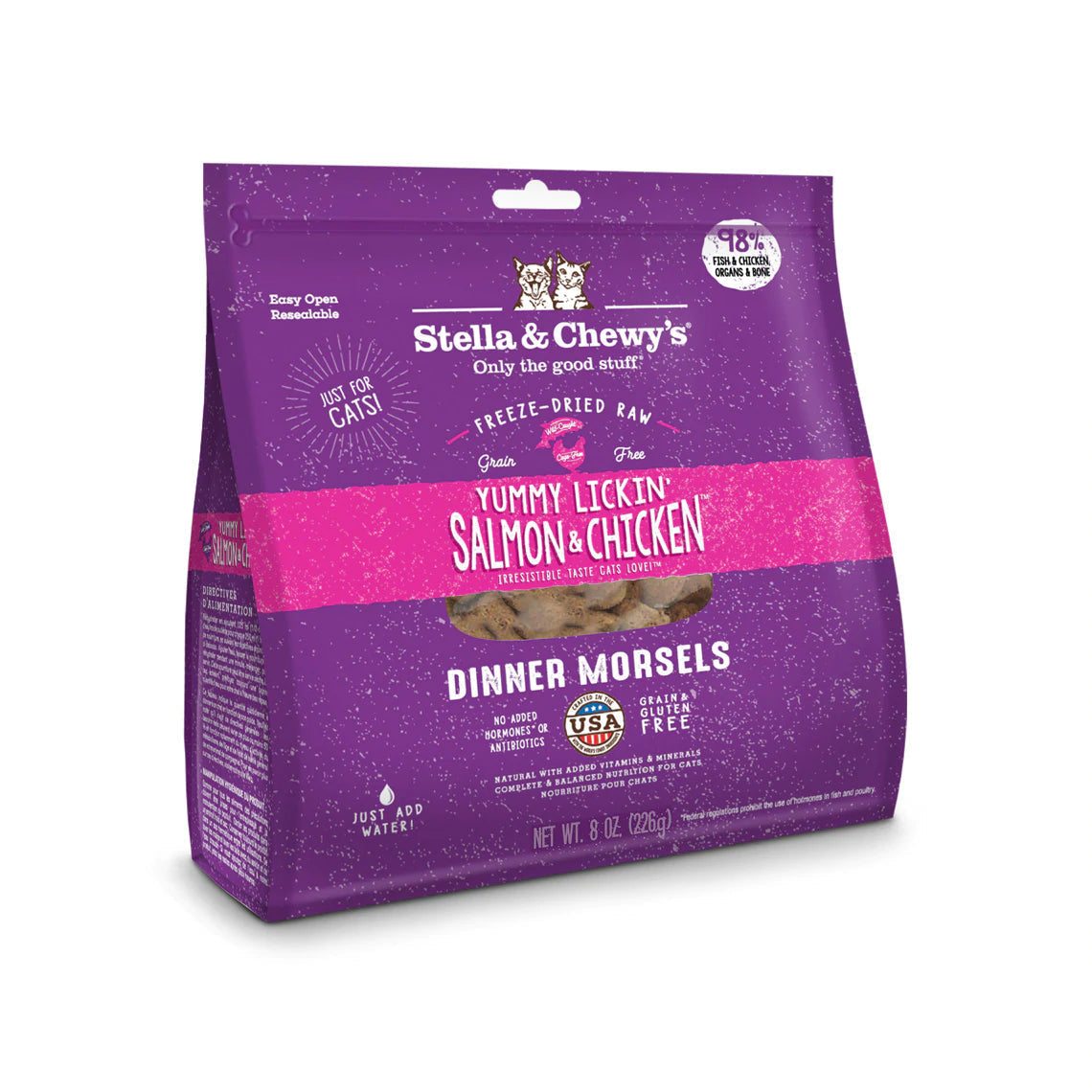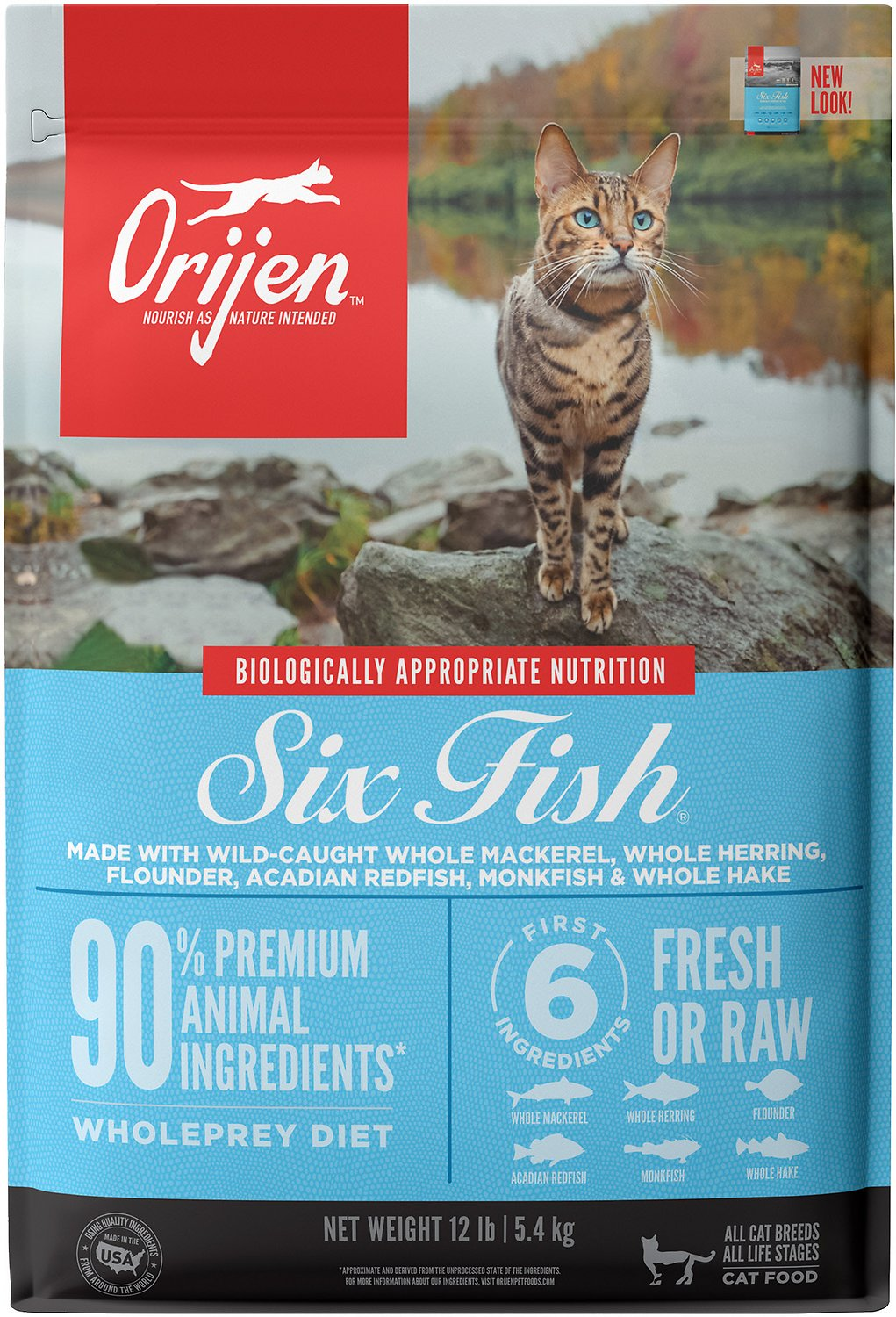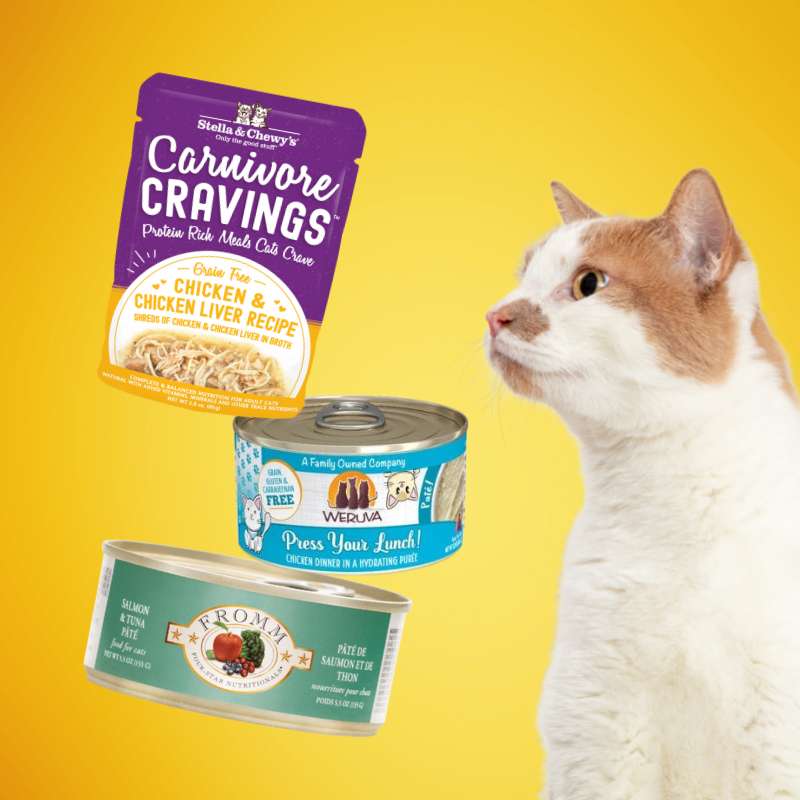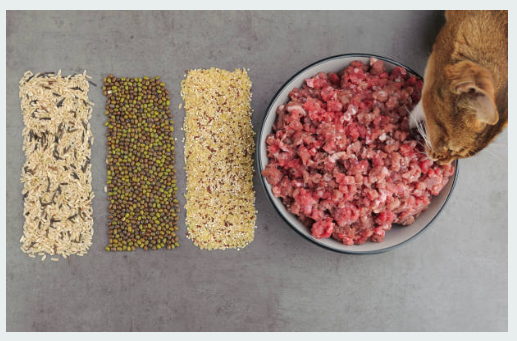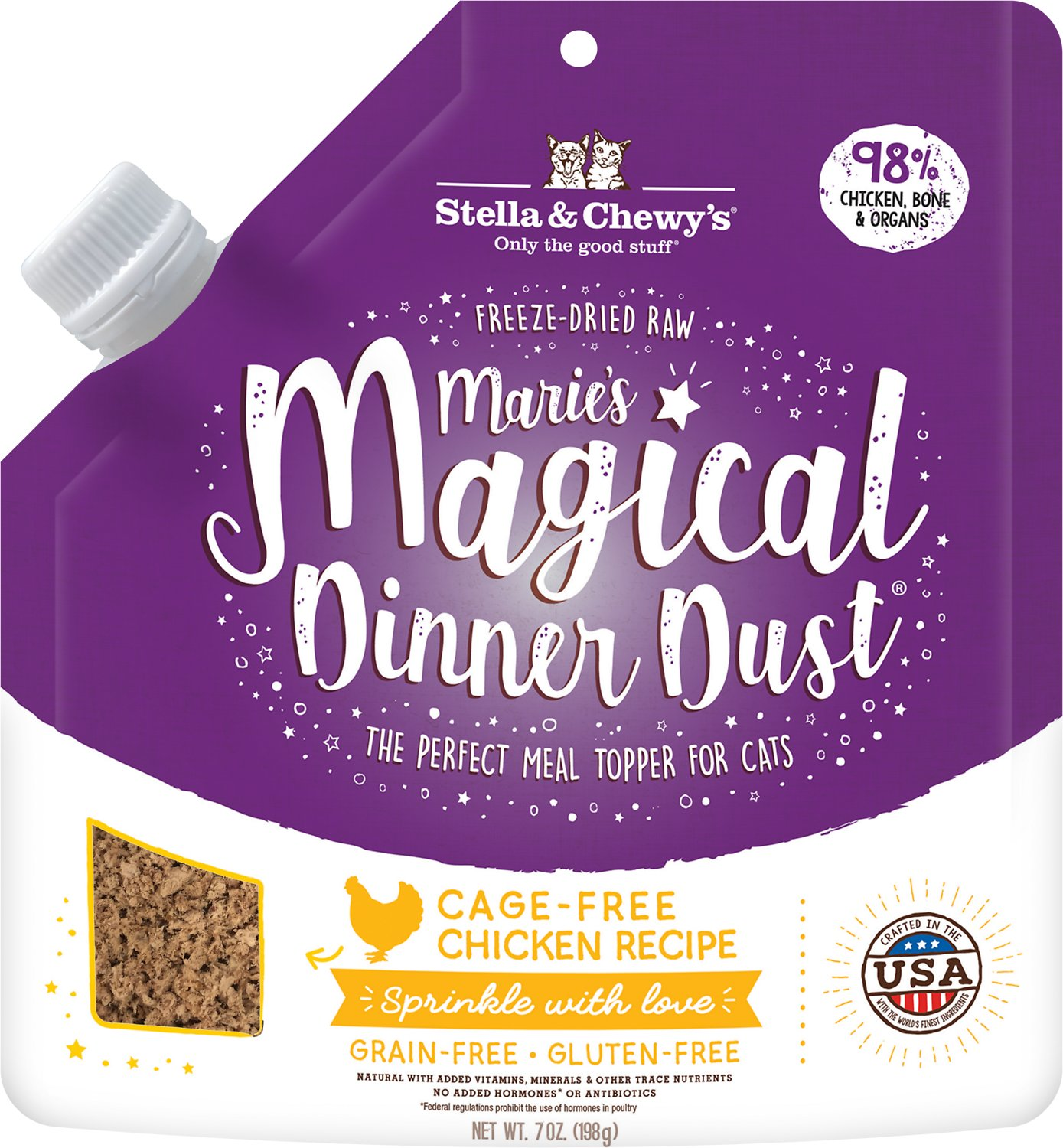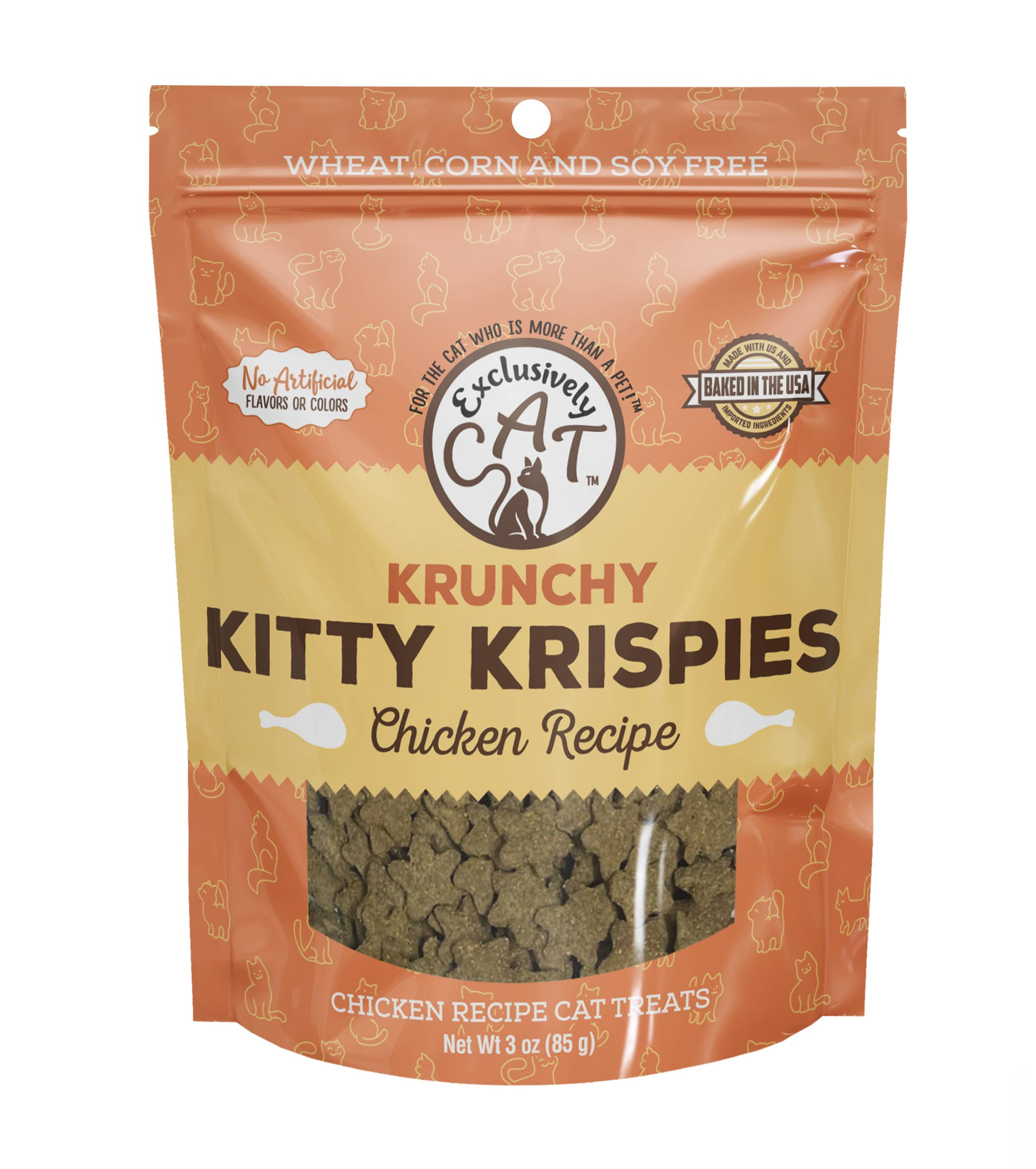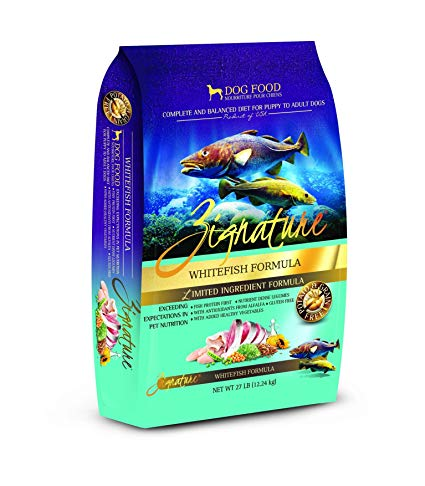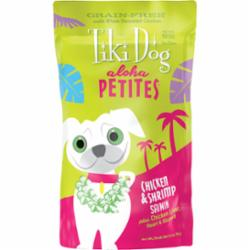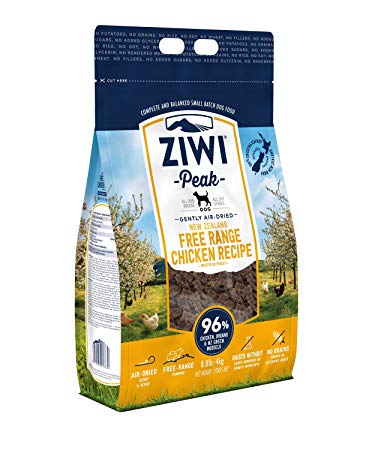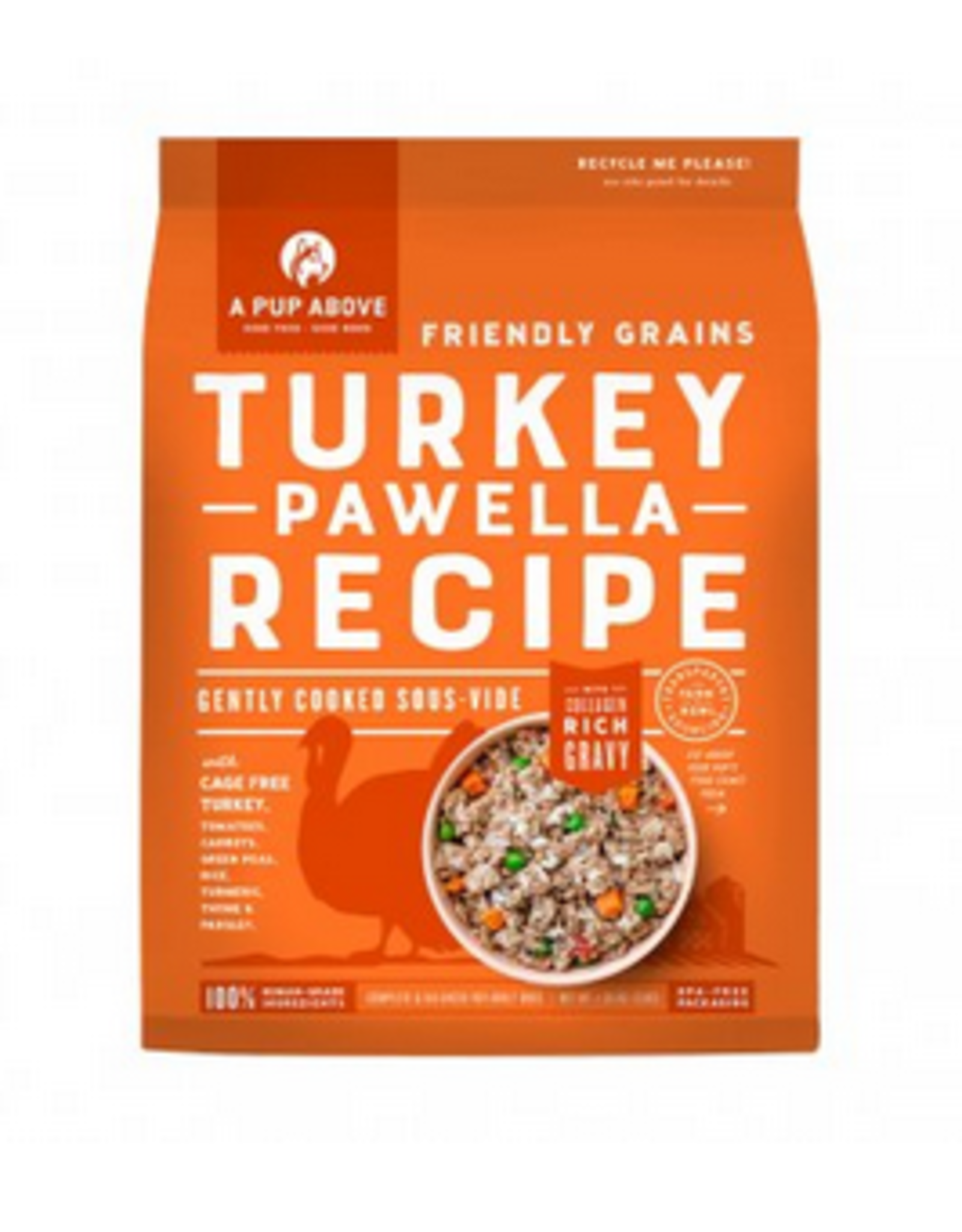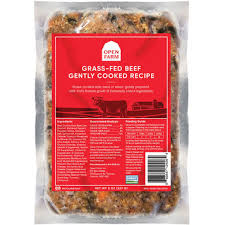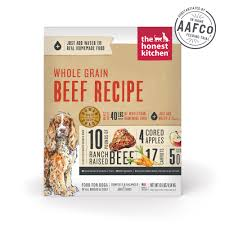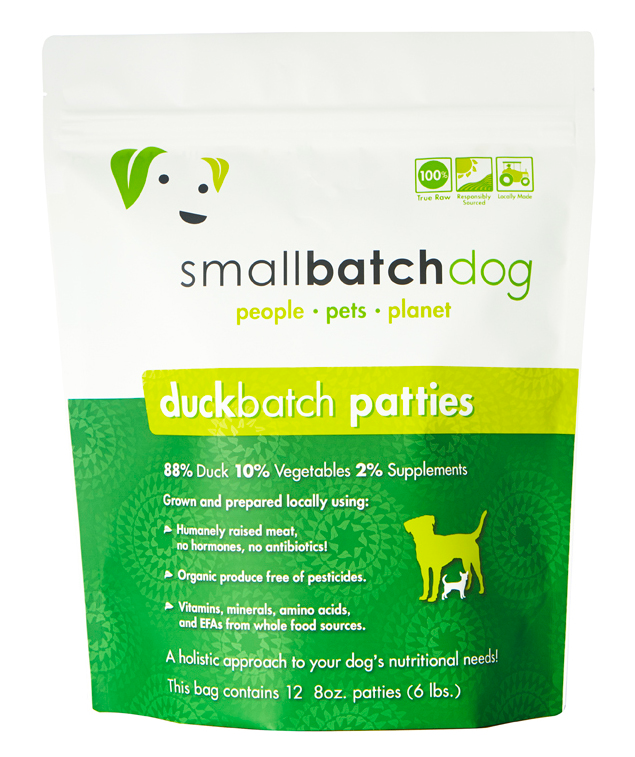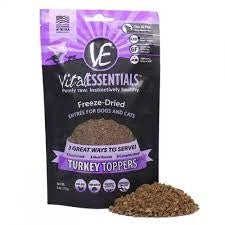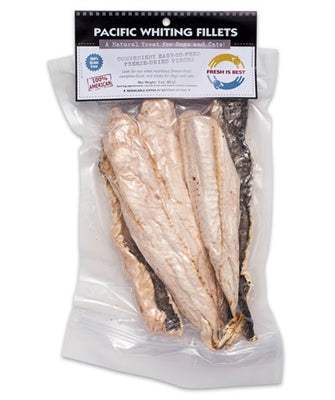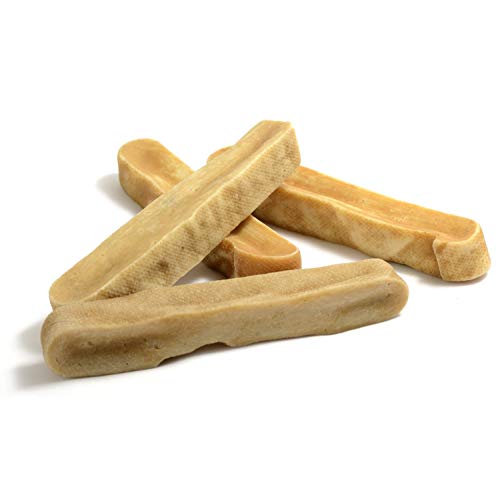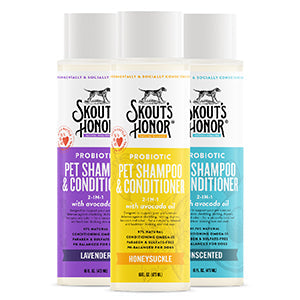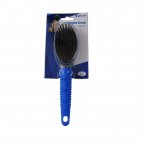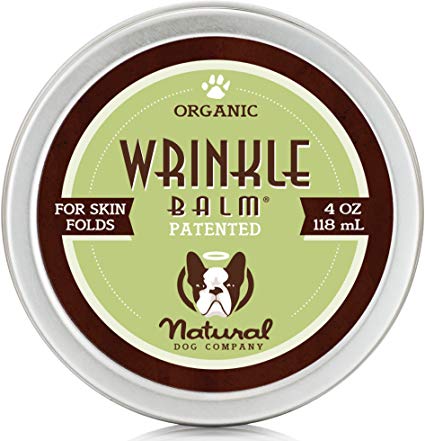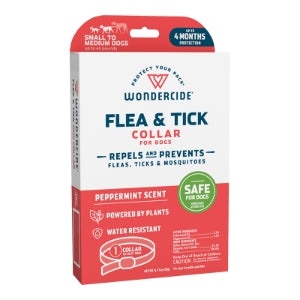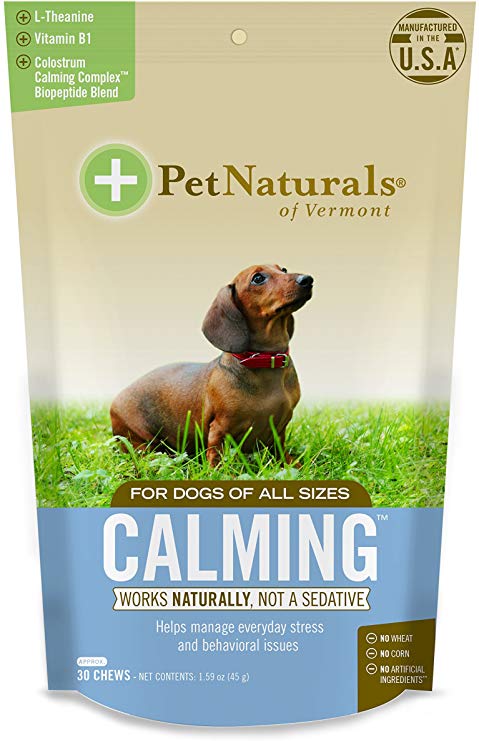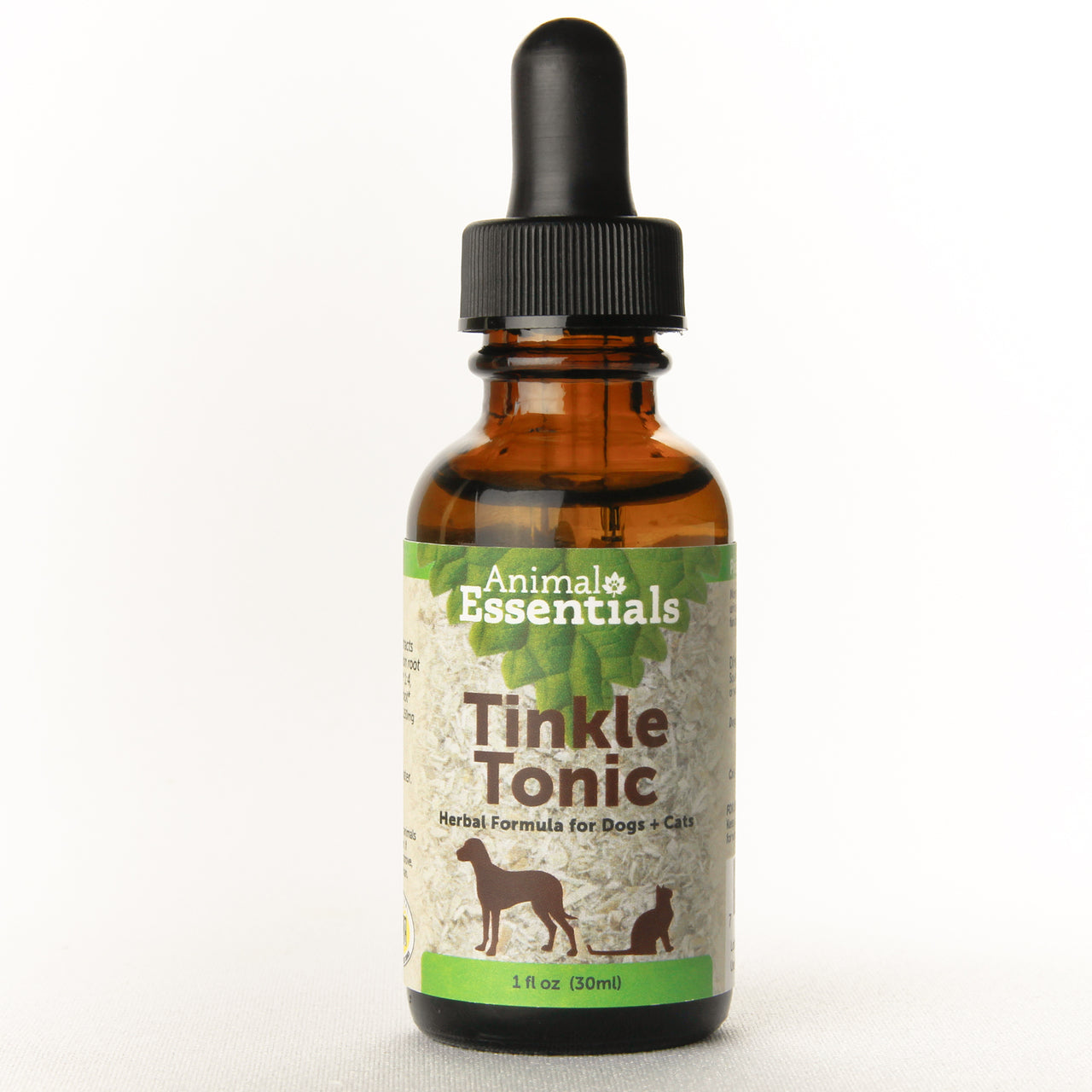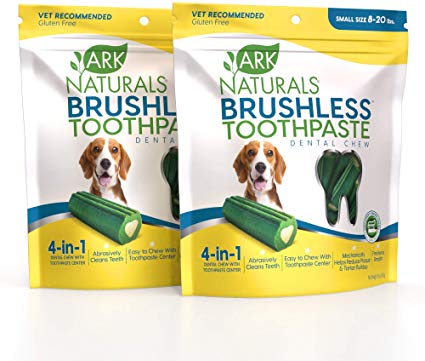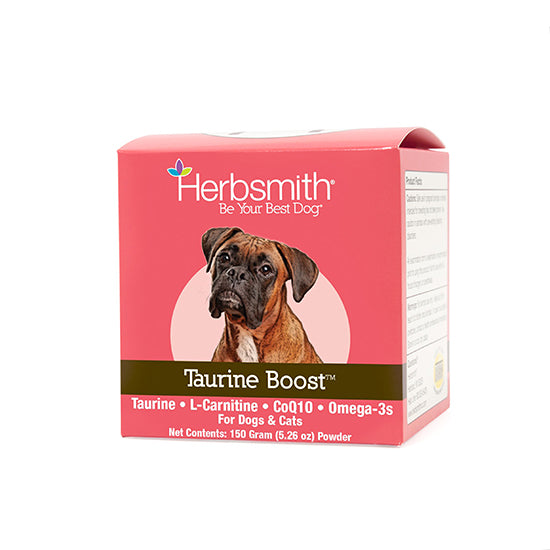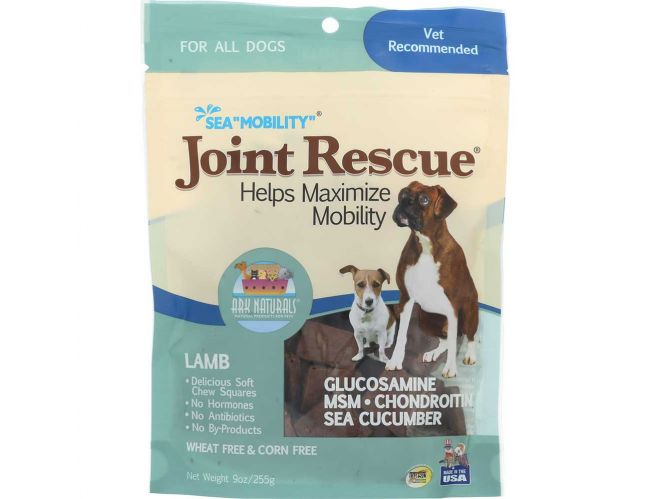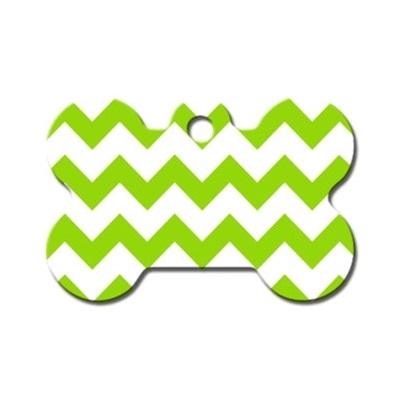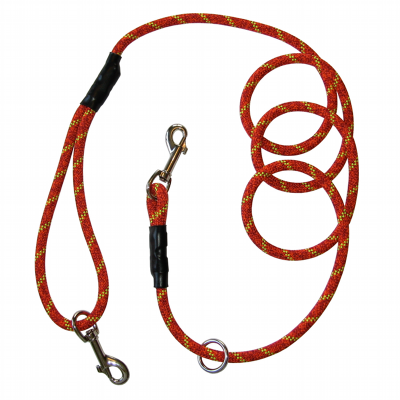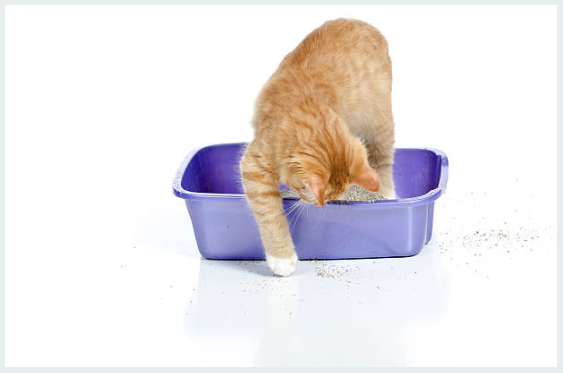When it comes to keeping our beloved pets healthy, we often focus on their physical activity, mental stimulation, and overall well-being. However, one crucial factor that can significantly impact the health of our pets, particularly their skin, is their diet. Just like with humans, the food our pets consume plays a vital role in maintaining their skin health.
Understanding the Importance of Diet for Skin Health
The skin is the body's largest organ, and it serves as a protective barrier against external threats such as bacteria, UV radiation, and environmental pollutants. A healthy skin barrier is essential for preventing infections, allergies, and other skin issues in pets.
Essential Nutrients for Healthy Skin
Proper nutrition is key to maintaining healthy skin in pets. Essential nutrients such as Omega-3 and Omega-6 fatty acids, vitamins A and E, and protein play a crucial role in promoting skin health. These nutrients help support the skin barrier, reduce inflammation, and promote healthy cell turnover.
The Impact of Omega-3 and Omega-6 Fatty Acids
Omega-3 and Omega-6 fatty acids are essential for maintaining healthy skin and a shiny coat in pets. These fatty acids help reduce inflammation, moisturize the skin, and support overall skin health. Including sources of these fatty acids in your pet's diet, such as fish oil or flaxseed oil, can benefit their skin health.
Vitamins A and E for Skin Health
Vitamins A and E are powerful antioxidants that play a crucial role in maintaining healthy skin in pets. Vitamin A helps support skin cell growth and repair, while Vitamin E protects the skin from free radical damage. Ensuring your pet's diet is rich in these vitamins can help promote healthy skin.
The Role of Protein in Skin Health
Protein is essential for skin health as it provides the building blocks for skin tissues and collagen production. A diet rich in high-quality protein sources, such as meat, fish, and eggs, can help support healthy skin and fur in pets.
The Dangers of Poor Diet on Skin Health
A poor diet lacking essential nutrients can have detrimental effects on the skin health of pets. Nutrient deficiencies can lead to dry, flaky skin, excessive shedding, and increased susceptibility to skin infections and allergies. It is crucial to provide a balanced and nutritious diet to support your pet's skin health.
Choosing the Right Diet for Your Pet
When selecting a diet for your pet, consider their specific dietary needs based on their age, breed, and any existing skin conditions. Consult with your veterinarian to determine the best diet that will promote healthy skin and overall well-being for your furry friend.
Implementing Dietary Changes for Skin Health
If you notice any signs of skin issues in your pet, such as itching, redness, or flakiness, consider making changes to their diet. Introducing foods rich in essential nutrients for skin health and eliminating potential allergens can help improve their skin condition.
Supplements for Skin Health
In addition to a balanced diet, supplements can also support your pet's skin health. Omega-3 fatty acid supplements, Vitamin E supplements, and specialized skin health supplements can provide additional support for maintaining healthy skin in pets.
Monitoring Your Pet's Skin Health
Regularly monitoring your pet's skin health is essential for early detection of any issues. Keep an eye out for changes in their skin texture, coat condition, and overall appearance. If you notice any concerning symptoms, consult with your veterinarian for a thorough evaluation.
The Power of Nutrition for Healthy Skin
By understanding the link between diet and skin health in pets, you can better prioritize nutrition to support your furry companion's well-being. A balanced diet rich in essential nutrients, along with proper hydration and regular grooming, can help maintain healthy skin and a vibrant coat for your pet.
Give your pet the gift of optimal skin health through a wholesome diet tailored to their individual needs. Remember, a healthy pet is a happy pet!



